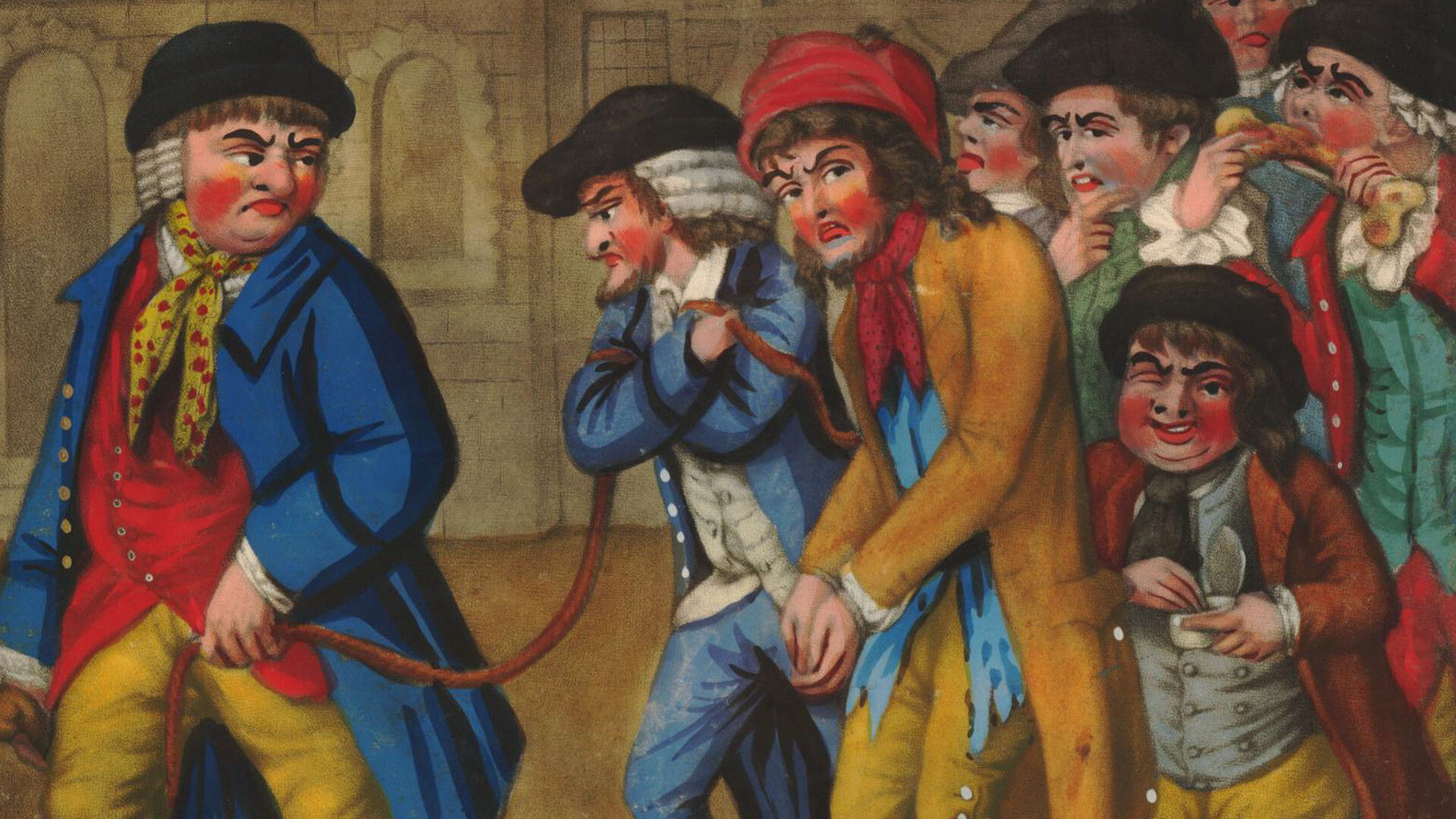
After the annexation of the peninsula to Russia in 1783, the empire's leadership faced a number of problems. The local population was very small and the new government could not rely on its loyalty.
It was not possible to begin mass settlement of Crimea with Russians, since there was an acute shortage of workers in the interior of the country. There was even an idea to resettle convicts there, but they were needed in the Ural factories.
The idea with convicts was, however, not generally abandoned, only now they had to be not Russian, but... English. In 1784, Great Britain turned to Russia with an offer to help with the colonization of Crimea by sending its criminals there.
London had just lost the North American colonies, in which it had previously kept a significant portion of its convicts. Now, some were sent to Africa, while the bulk were kept on overcrowded prison barges in England, which risked becoming sources of the spread of infectious diseases.
St. Petersburg was favorable to the English proposal, but Semyon Vorontsov, the Russian envoy to England, was horrified.
He knew how much Russian convicts differed from English ones - the former usually engaged in farming or other creative work before falling into crime, while the latterwere usually criminals from childhood.
The diplomat was also concerned about prestige. "Is it decent for society to think that, during the happy reign of Catherine the Great, Russia serves as England's exile and that the inglorious and even less great George III condemns his criminals to the punishment of exile equally to Russia and to the African shores?" he wrote to the capital.
The empress listened to Vorontsov's arguments and made a choice in favor of attracting free settlers to the Crimea. And the English soon found a new home for their convicts - Australia.
If using any of Russia Beyond's content, partly or in full, always provide an active hyperlink to the original material.
Subscribe
to our newsletter!
Get the week's best stories straight to your inbox